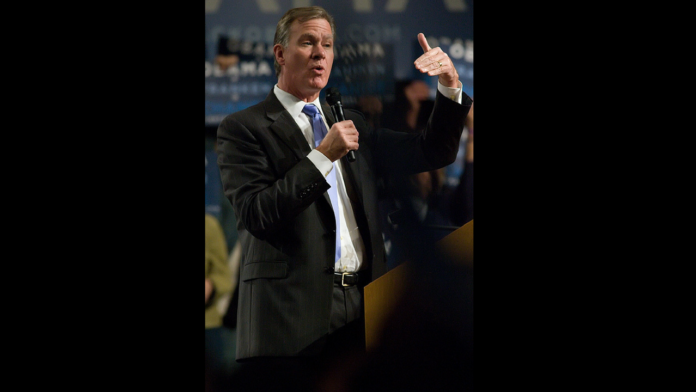St. Paul – St. Paul Mayor Chris Coleman met with members of the city’s East African community Wednesday night to reassure them of the city’s commitment to protecting them, reports the Pioneer Press.
Coleman and St. Paul Police Chief Todd Axtell spoke at Skyline Tower, a large low-income apartment building. Religious and cultural leaders as well as more than 200 members of the East African community at large attended.
“These are critical times,” Coleman said, “We will stand firmly with you. … Our police officers are here to protect you, not to oppress you.”
The meeting is in response to President Donald Trump’s executive order on travel from a number of Muslim majority countries. Members of St. Paul’s East African community are concerned about what they view as the anti-immigrant rhetoric of the past election.
They also are concerned about the executive order’s effect on their families remaining in Africa. One woman asked if she would ever be reunited with her daughter who still remains in Ethiopia. Coleman said that was up to the 9th Circuit Court of Appeals and their decision on the travel ban. The court ruled Thursday to continue blocking implementation of the executive order. Minnesota Attorney General Lori Swanson was part of the suit against the travel ban.
Coleman said he was trying to reassure the community that they could still rely on the city for services and protection. St. Paul’s Separation Ordinance (Chapter 44 of city codes) states that St. Paul law enforcement is to avoid “pro-active enforcement of civil immigration laws.” The stated goal of this ordinance is to ensure that all residents of St. Paul feel comfortable “to access city services to which they are entitled, without regard to their immigration status under federal law.”
“I want you to know as police chief that we are here in your service and we are the local police, and not the national police,” Axtell said reports the Pioneer Press, “We work for you, the community. … We have got a longstanding practice and policy that we do not ask for papers confirming citizenship. We don’t do that, and we never will.”
Attendees urged Coleman to not judge them by a few bad examples of their community.











